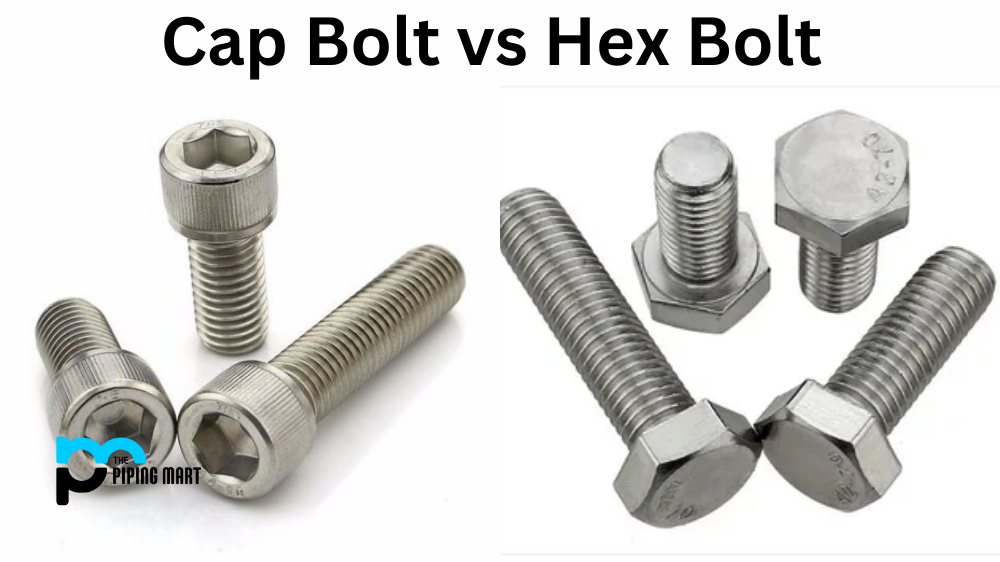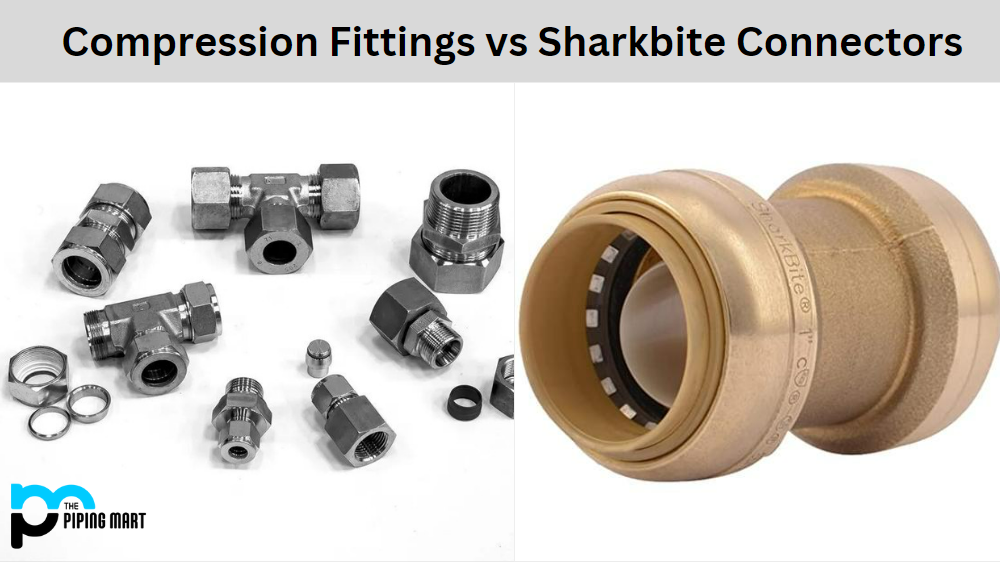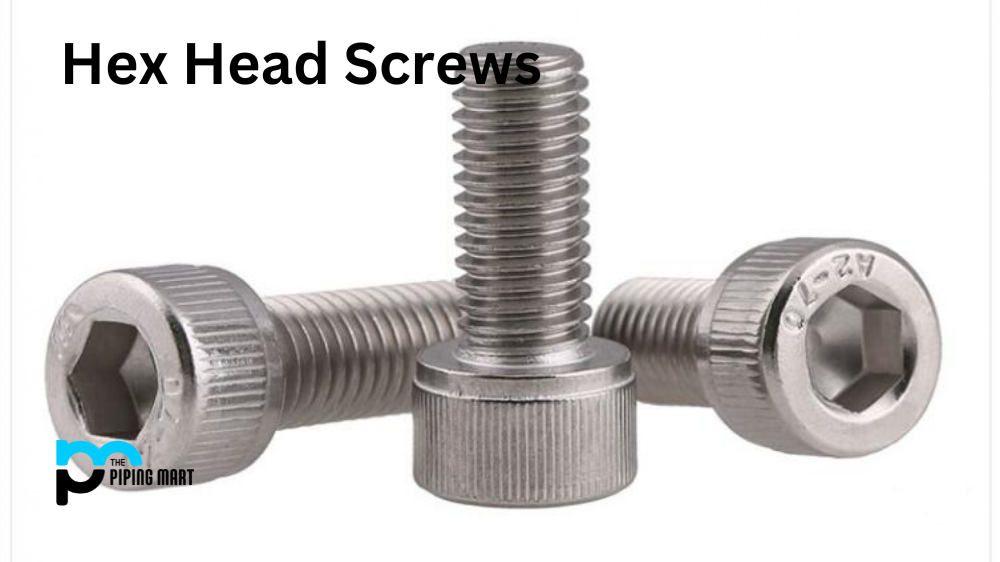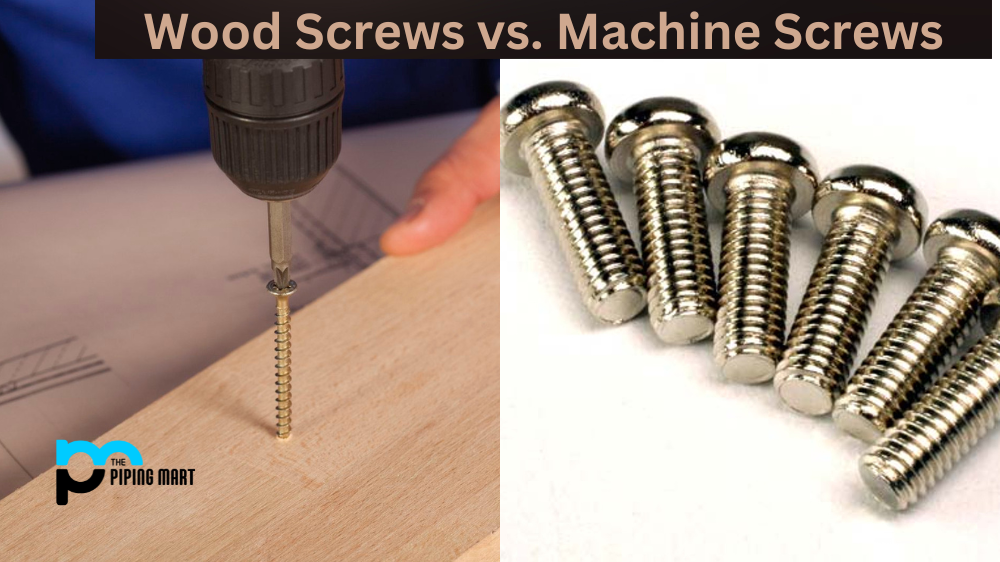Bolts are a common component used in various machines and structures, their main purpose being to combine two or more materials. Bolts come in various shapes, styles, and sizes, and two of the most commonly used bolts are cap bolts and hex bolts. This blog post will dive deeper into these two bolts and explore their differences.
What are Cap Bolts?
Cap bolts, also known as socket head bolts, have a cylindrical head with a hexagonal recess in the middle. The recess is used to fasten the bolt by using an Allen wrench inserted into the recess to tighten or loosen the bolt. Cap bolts are available in different lengths and sizes, and they are often used in high-stress applications where a strong and reliable fastener is required. You will find cap bolts in automotive, aerospace, and machinery components.
Cap bolts, or carriage bolts, are a specific type of fastener commonly used in construction and woodworking projects. They feature a smooth, domed head and a square shank below it. This unique design allows easy installation with just one tool – a wrench.
These bolts are widely used due to their reliable strength and stability. The square shank prevents the bolt from spinning during installation, ensuring it remains securely in place. The domed head also provides an aesthetically pleasing finish while offering some protection against tampering or removal.
One of the main advantages of using cap bolts is their versatility. They can be used on different materials, such as wood, metal, and plastic. This makes them popular for various applications ranging from furniture building to heavy-duty structural projects.
What are Hex Bolts?
On the other hand, hex bolts have a six-sided head with a flat bearing surface underneath. The head of the bolt is used to fasten the bolt using a wrench that matches the size of the bolt head. The length of a hex bolt is measured from under the head to the tip of the thread, and they come in various diameters to suit different applications. Hex bolts are commonly used in construction machinery, automotive assemblies, and industrial machinery.
Hex bolts, also known as hexagonal bolts or machine bolts, are a type of fastener used in various industries such as construction, automotive, and machinery. They consist of a threaded shaft with a six-sided head, allowing easy tightening using a wrench or socket.
These versatile bolts come in different sizes and grades to suit different applications. The most common grades include 5.8, 8.8, and 10.9 – each denoting the bolt’s strength based on its material composition.
One of the main advantages of hex bolts is their ability to provide strong and secure connections due to their threading design and wide head surface area. This makes them suitable for heavy-duty applications that require high tensile strength.
Difference Between Cap Bolts v Hex Bolts
One of the main differences between cap bolts and hex bolts is their head design. Cap bolts have a sleek and cylindrical head, whereas hex bolts have six-sided heads. Another difference is the way they are fastened. Cap bolts require an Allen wrench, whereas hex bolts require a wrench that matches the size of the bolt head. Another important difference is the shape of the thread. The thread on a cap bolt is shallow and designed to grip the material firmly, whereas the thread on a hex bolt is deeper and is designed to grip a wide range of materials.
When choosing between cap bolts and hex bolts, you must consider the application for which you’ll use the fastener. If you need to fasten materials in a tight spot and a socket head clearance is needed, then a cap bolt would be the best choice. However, a hex bolt would be the right choice if you need a bolt that can handle heavier loads.
Conclusion:
In conclusion, cap and hex bolts are commonly used in various applications. Cap bolts have a sleek cylindrical head and require an Allen wrench to fasten, whereas hex bolts have a six-sided head and require a wrench that matches the size of the bolt head. The choice of a bolt type will depend on the application you will be using it for, and you must ensure that the bolt you choose is suitable for your requirements. Hopefully, this blog post has given you the information to choose the right bolt for your application.
Sakshee is a talented blogger, with a particular focus on the Business and Metal Industry. She is passionate about sharing her insights on various metal products and helping professionals to make a better decisions.




